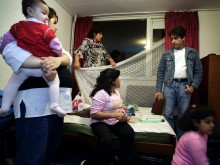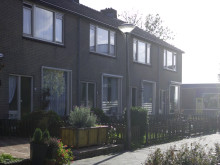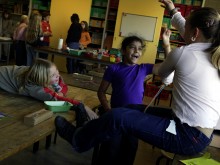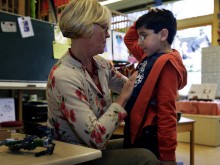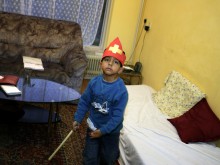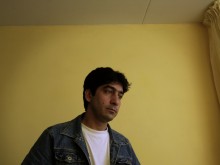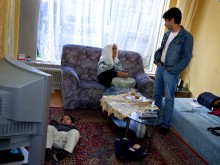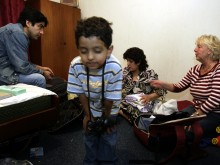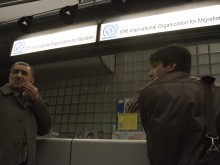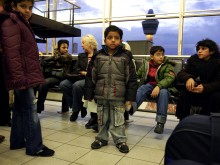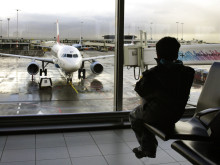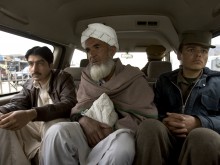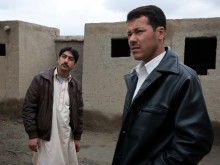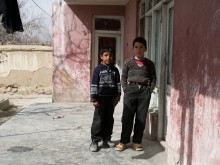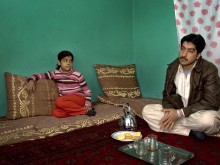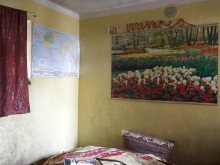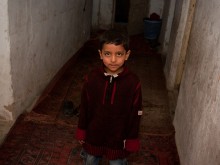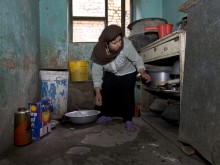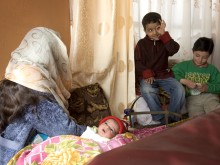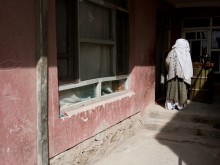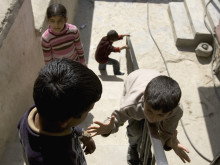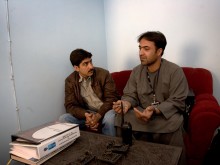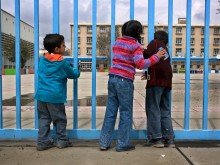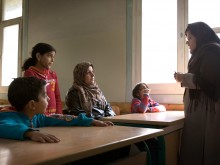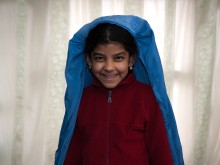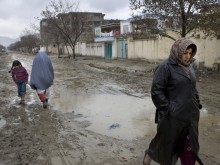Lost Fatherland
In February 2004 the Dutch government agreed to expel 26,000 asylum seekers over the next three years. It concerned a group of foreigners who had entered the country before the new asylum law came into effect on the 1st of April 2004 and whose asylum application had been rejected.
The law was supposed to answer to two goals: to shorten the longlasting and inhumane entry procedures for asylum seekers and to discourage new asylum seekers from entering the Netherlands.
For those who had had to deal with the old and failing Dutch immigration law there was no remorse. 26,000 asylum seekers who for years were left to vegetate without employment at the cost of the state in asylum centers or in homes scattered around the country without any security or knowledge about their future status were to be sent back. The government was uncompromising. A general pardon was rejected.
The Naseri family is within this group of 26,000. The family of eight fled Afghanistan in 1998 when the Taliban regime was at its height and after the father of Shafi Naseri was killed by a bomb. Their flight lasted three months. Over land and over sea, hidden between the containers of a freight ship, the three children drugged with sleeping tablets. They sold their home to pay the smugglers and carried only a few documents and the clothes they wore.
After six years in the Netherlands, with another son born in Holland, the family was sent back to Afghanistan. Since November 2005 the family is back in Kabul.
Shafi has not yet found a job. In the Netherlands, an asylum seeker is forbidden to work – leaving a yawning gap of six years in his professional curriculum. Farima’s father doesn’t allow her to work. After three months in Kabul, her father finally allowed her to go out on the streets without a burqa for the first time.
The children have not been to school since their arrival.
© 2005-2006
